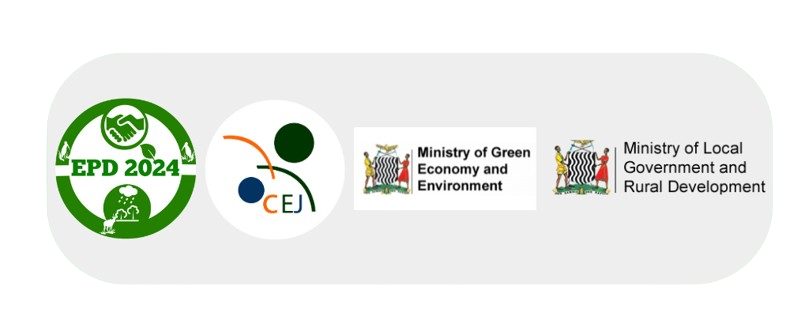Topic: Codification of the customary land law
Background
Customary land is owned by indigenous communities and administered in accordance with their customs, as opposed to statutory land which is based on leaseholds. The procedure for acquiring customary land is not complicated as it is done through the village Headmen or Chiefs. This helps to accommodate vulnerable people who have no capacity to buy statutory land. In instances where traditional land is sold, the procedure to convert it to statutory land is properly defined by law.
Customary land is a major resource for sustainable livelihoods for the majority of Zambians. The lack of codification of customary law and its decentralised administration with limited transparency or communication between the State and customary systems can lead to tenure insecurity. The management of customary land is currently extremely decentralised through chiefs and their indunas and headpersons.
Within chiefdoms, it is commonly perceived that land “belongs” to the chief. Although legally, all land is vested in the President, in practice, traditional authorities exercise nearly exclusive power over customary land administration. This creates complicated relationships between the government, the chiefs, and their subjects with respect to tenure security. This panel will discuss the land tenure system in Zambia and will focus on codification of customary land law and harmonisation of the traditional leaders’ authority over customary land administration. Panelists will explore how customary land law can be strengthened while ensuring community land rights.
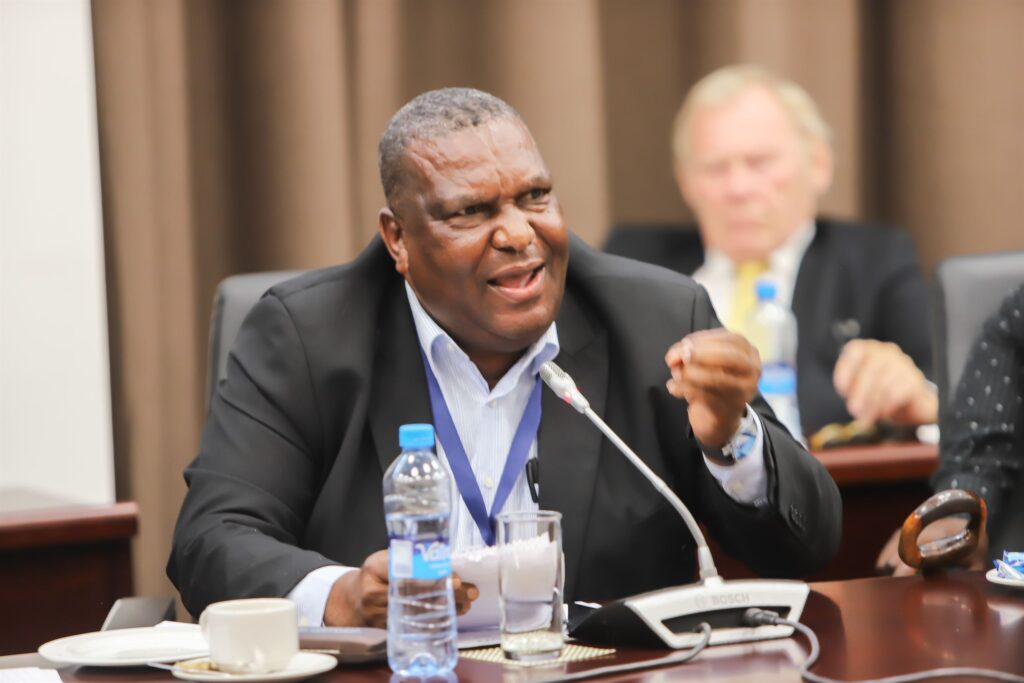
His Royal Highness Chief Mnukwa, Eastern Province
HRH Key message: “We must ensure that business practices contribute to and adequately support environmental protection activities.”
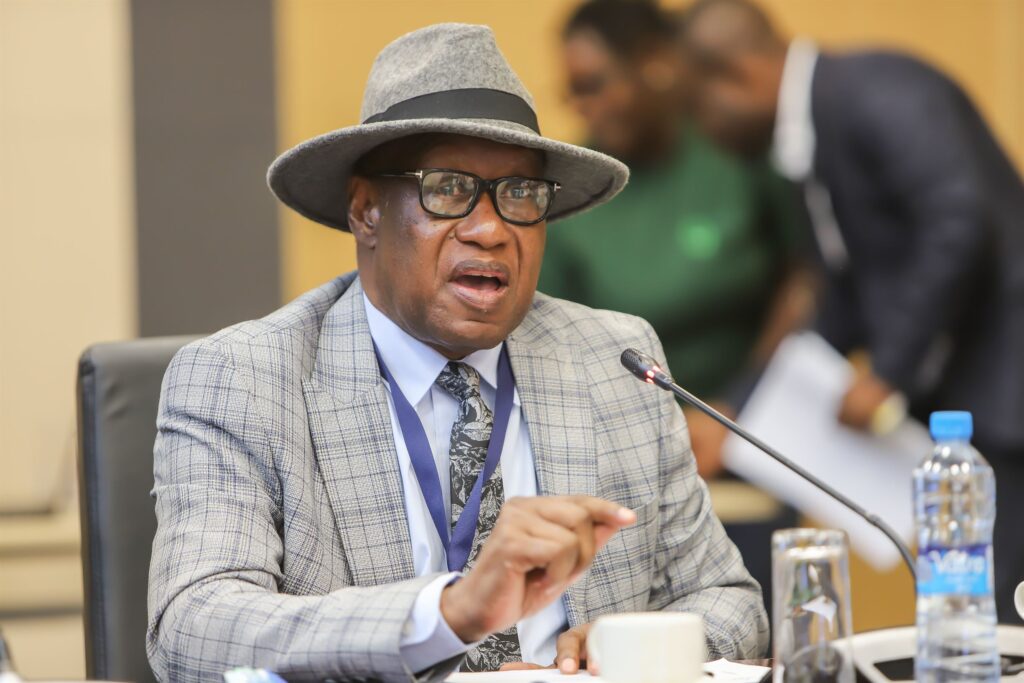
His Royal Highness Imwiko, Western Province
HRH Key Message: “Environmental protection requires commitment from state and non-state actors including private sector.”
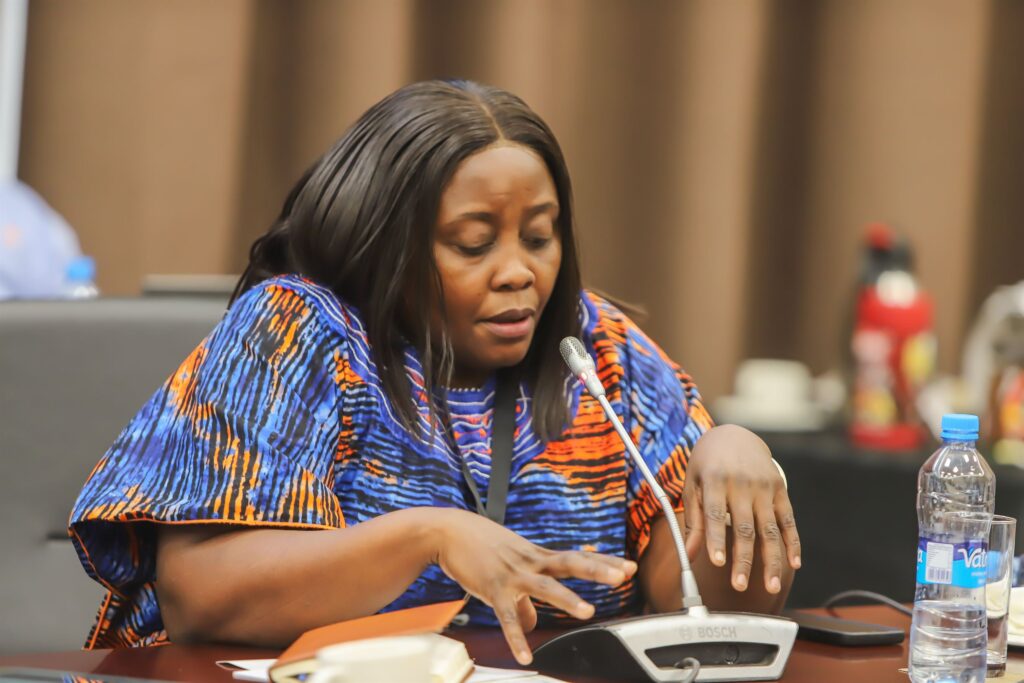
Her Royal Highness Chieftainess Msoro, Eastern Province
HRH Key message: “Traditional leaders plays a critical role in the management of natural resources and must be involved in decision-making process at all levels.”
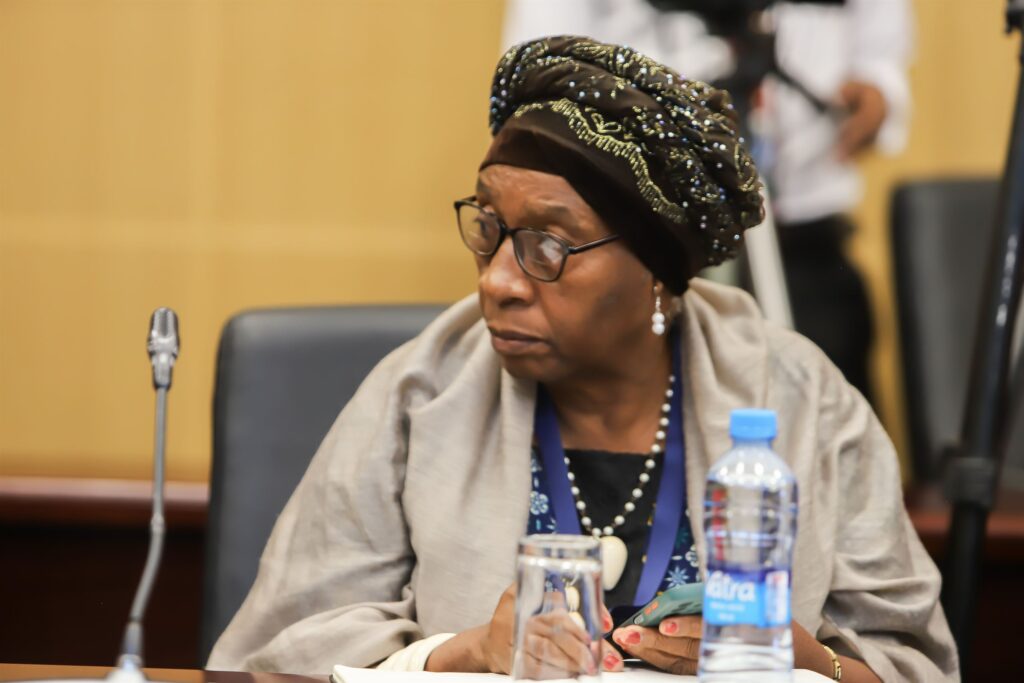
Her Royal Highness Chieftainess Muwezwa, Southern Province
HRH Key message: “Traditional leaders have a crucial role to play owing to their authority and proximity to the people and their primary mandate to preserve customs and traditions derived from the Constitution.”
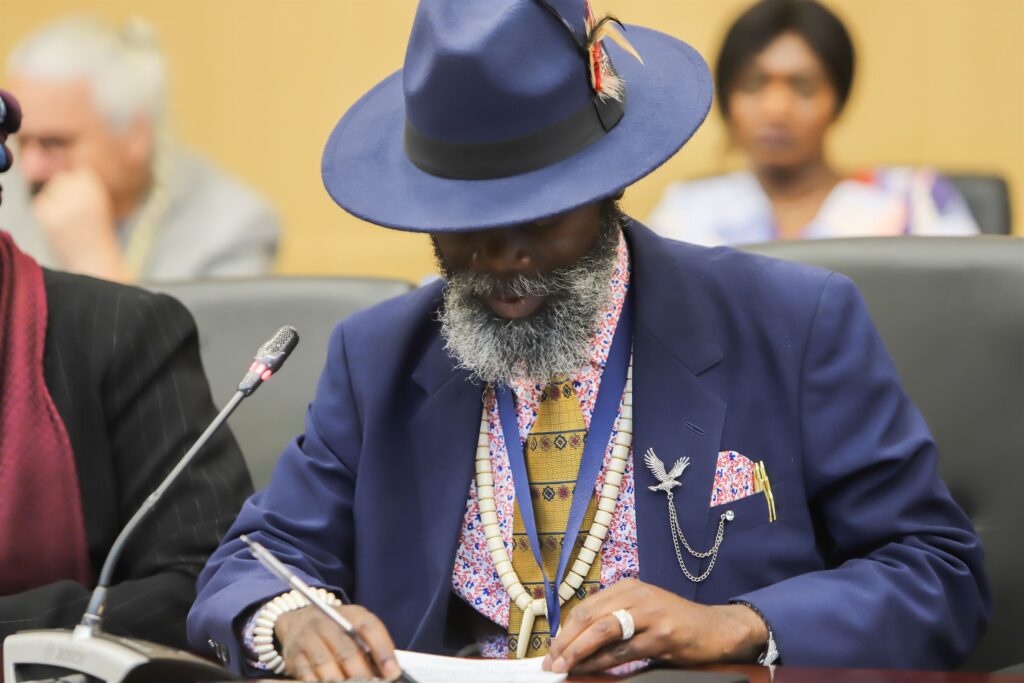
His Royal Highness Chief Ishima, North-western Province
HRH Key message: Without natural resources life itself is impossible, hence we must conserve and protect them for the future and present generation.
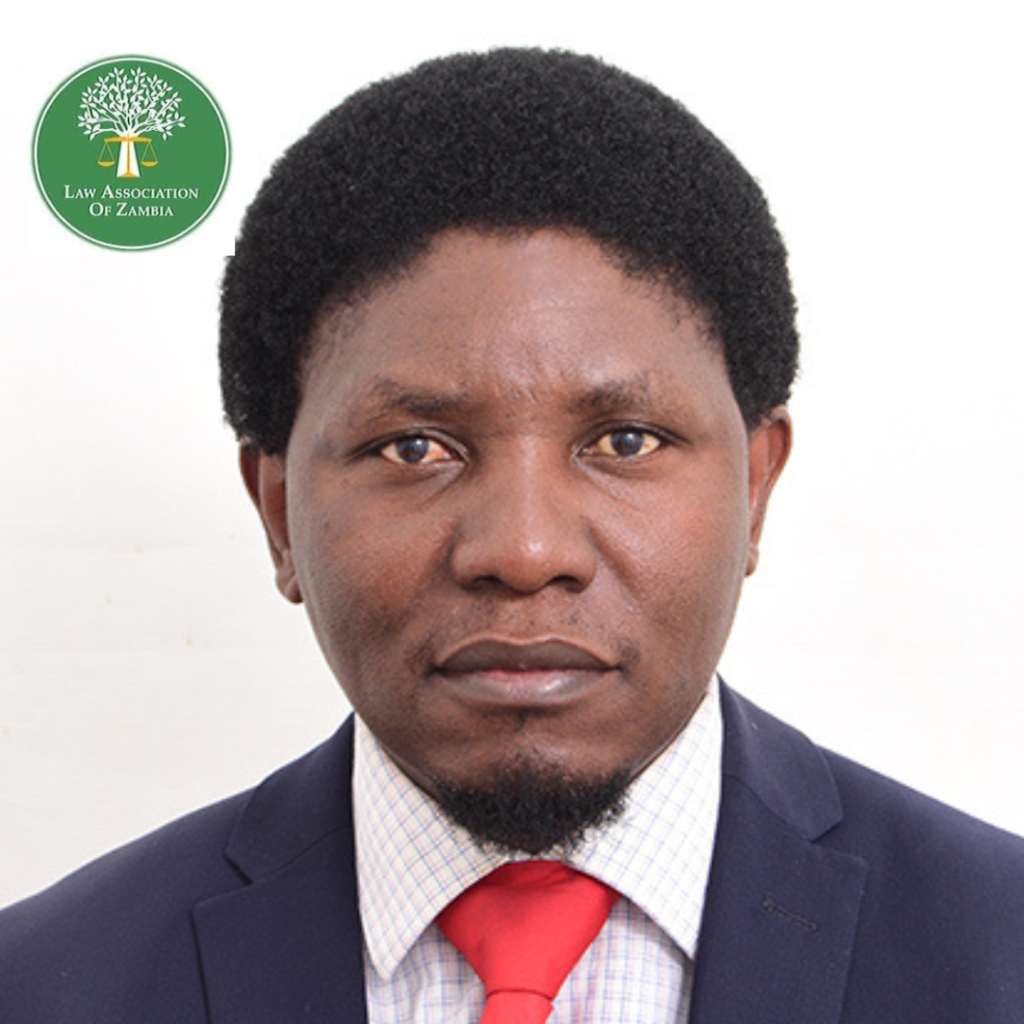
Law Association of Zambia (LAZ)
Website: https://www.laz.org.zm/
Speaker Name: Mr. Brigadier Siachitema
Mr. Brigadier Siachitema is a lawyer and human rights advocate with 16 years of experience in land rights litigation. He currently consults for the Southern Africa Litigation Centre (SALC), leading the Social-Economic Rights Cluster. From 2015 to 2020, he headed SALC’s Land and Property Rights Programme, focusing on securing land access for women and rural communities in Southern Africa.
Prior to SALC, he worked for six years with the International Justice Mission (IJM) in Zambia, advocating for victims of land rights violations. In 2015, he became a legal advisor and ex-officio board member for the Zambian Land Alliance, which supports the land interests of the poor. He has contributed to various publications, including chapters on land rights and human rights violations in Africa.
Mr. Siachitema holds an LL.B from the University of Zambia, two LL.Ms in Extractive Industries Law and International Business Law, and an MSt in International Human Rights Law from the University of Oxford.

Moderator: Ministry of Local Government and rural development
Website: https://www.mlgrd.gov.zm/
The Ministry of Local Government and Rural Development (MLGRD) is charged with the responsibility of promoting a decentralized, good local governance system, and exists to promote the establishment and development of a vibrant and well-resourced decentralized system
